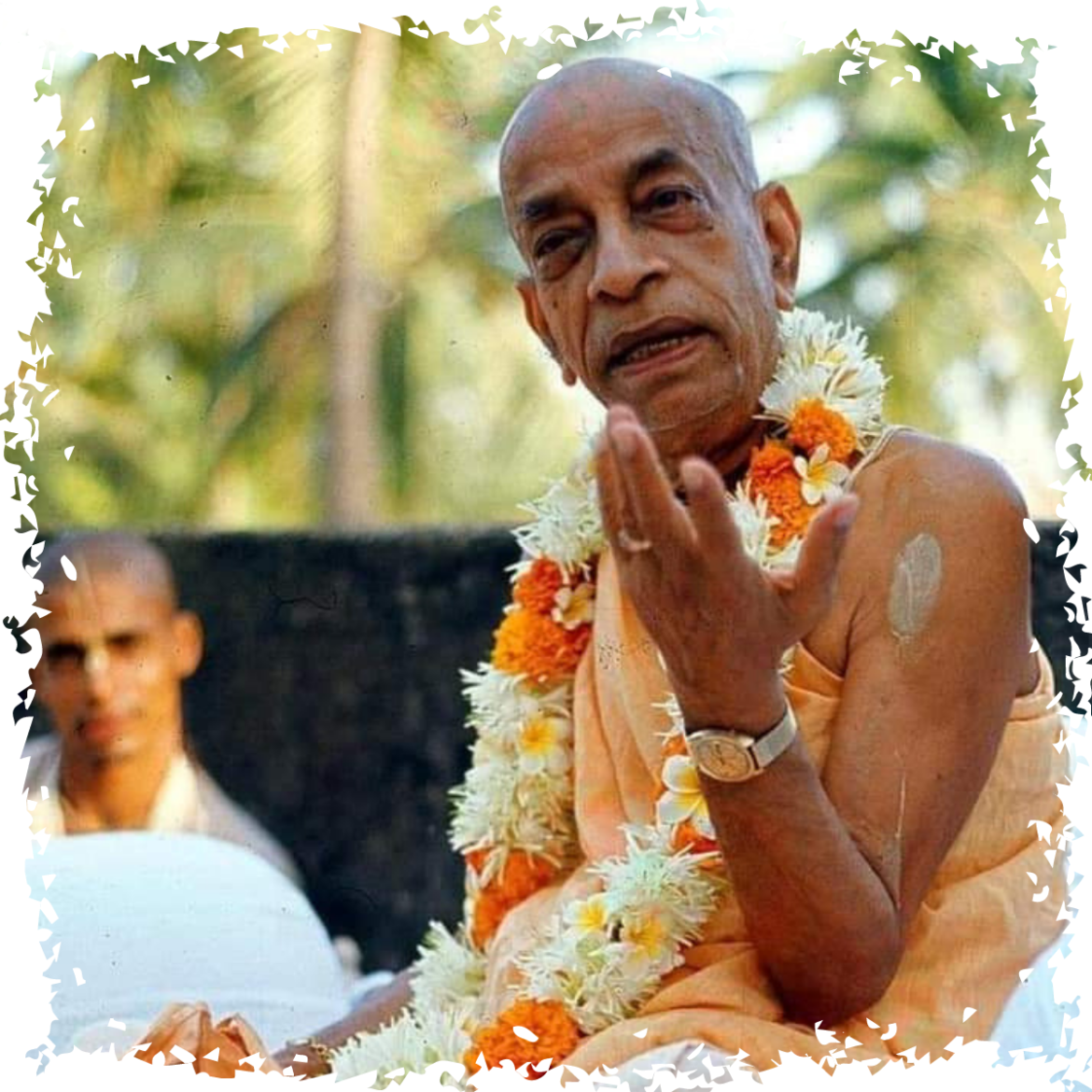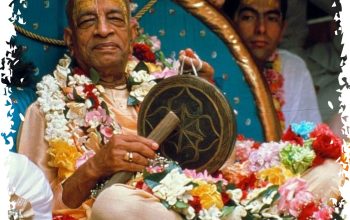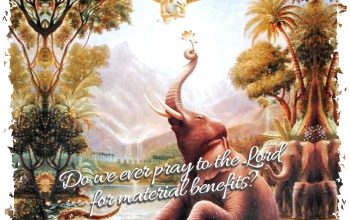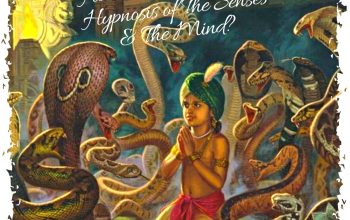Prabhupāda: That is the Vedic injunction = You keep yourself connected with Kṛṣṇa, then you will develop the taste. Just like a jaundice patient does not taste sugar as sweet, but if he continues to take sugar candy, then he will have the real taste for sugar candy—sweet, not bitter. So he has to continue to eat sugar candy continually. Śravaṇam, kīrtanam. Then he’ll have the taste.
Kulādri: But the patient must be intelligent to keep… Even though he does not want…
Prabhupāda: Patient is always rascal, fool. You cannot expect him to be intelligent. He must agree to the physician’s direction. That is intelligence. He must know that he’s diseased, he must follow the instruction of the physician. That much will help him. Unless one is rascal, he does not fall sick. As soon as you violate the hygienic principles, you become sick. All commit sinful activities on account of ignorance.
So therefore the best advancement of civilization is not to open hospitals, but to give them a lesson that they may not fall sick and go to hospital. That is real… But they do not know. They keep the mass of people in ignorance, they fall sick and they come to hospital, and number of hospitals increase—they think it is advancement. This is their idea.
So even the Christian, religious persons, they also open hospital to give relief to the patient. So that is not the program. The program is why he should fall sick and come to the hospital? Precaution is better than cure. One comes to the hospital for cure, but why not take the precaution so that he may not have to come to the hospital for cure?
That is Vedic civilization. They have different prescribed rules and regulations so that a person may not fall sick. The modern idea is that “Let them fall sick; we have got hospitals and treat him, and he’ll be cured.” But he is cured, again he falls sick. That is going on. They have no program for precaution. They have program for cure. But actually, precaution is better than cure. We are taking precaution.
So other fools, rascals, they are thinking, “What these people are doing? They have no hospital, they have no this program, that,” according to them. Just like our Vivekananda, he prescribed daridra-nārāyaṇa-sevā. The same thing—hospital. We kill all animals, and the hospital patient is given the meat for improvement of the health. But he does not know that this is not curing; he is become implicated in his karma. He has to be killed again, and eaten by the other animals. That he does not know. They do not accept karma-phala. Hmm? The result of fruitive activities, they do not accept. But you have to accept. There is no excuse. If you contaminate some disease, you must suffer from that disease. There is no excuse.
So kriyā-karma, you have to enjoy or suffer the result of karma. Karma-bandhana. But when you act for Kṛṣṇa, then you are mukta. Yajñārthāt karma anyatra karma [Bg. 3.9]. Karma must be there. If you act for Kṛṣṇa, then it is all right, and if you act for your sense gratification, then there is bondage. If you do not take education, if you remain fools and rascals, then you will suffer and create disturbance for others also. Therefore everyone must be educated, good citizens. It is good for him, good for others.
Type: Conversation Date: June 23, 1976 Location: New Vrindavan



